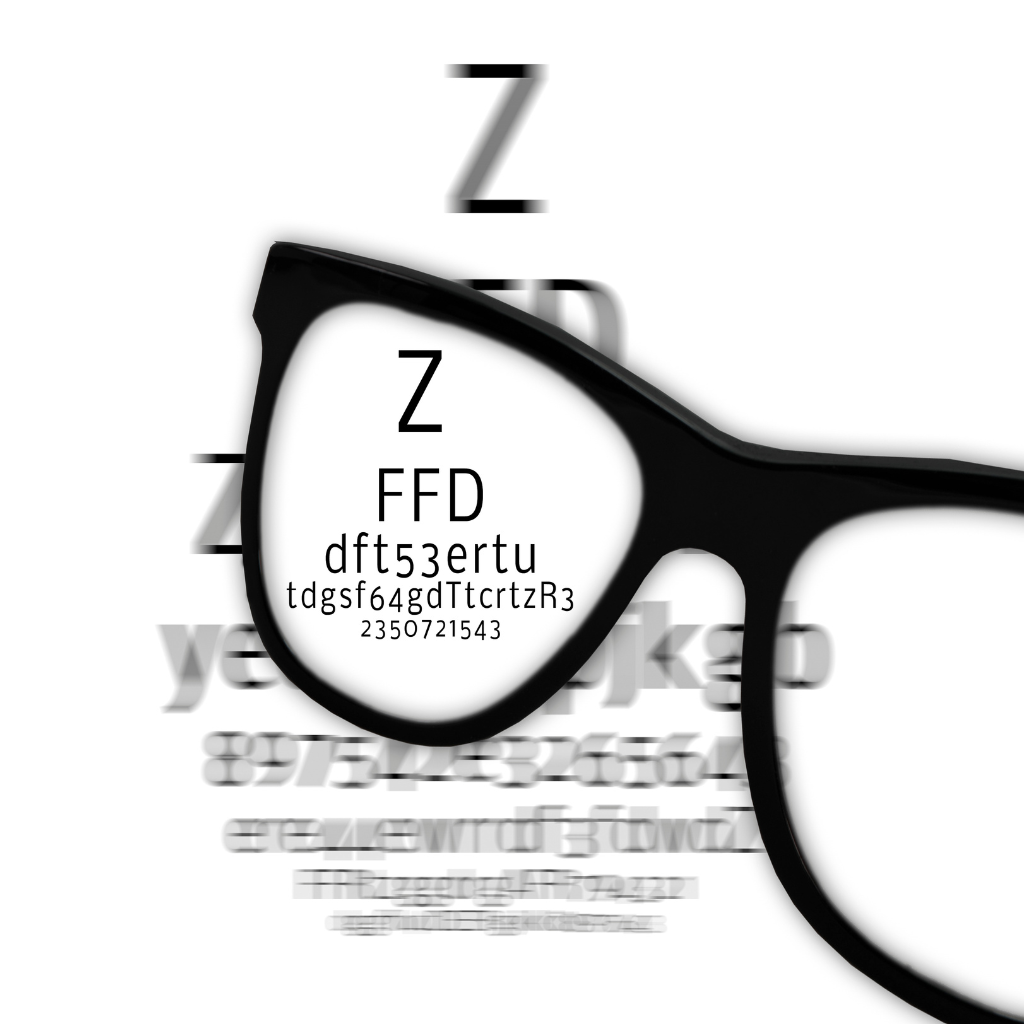
Medical Treatment for Cataracts?
The most common and effective treatment for cataracts is surgery. During the surgery, a surgeon removes the cloudy lens and replaces it with a clear artificial intraocular lens (IOL). This procedure is typically done on an outpatient basis.








